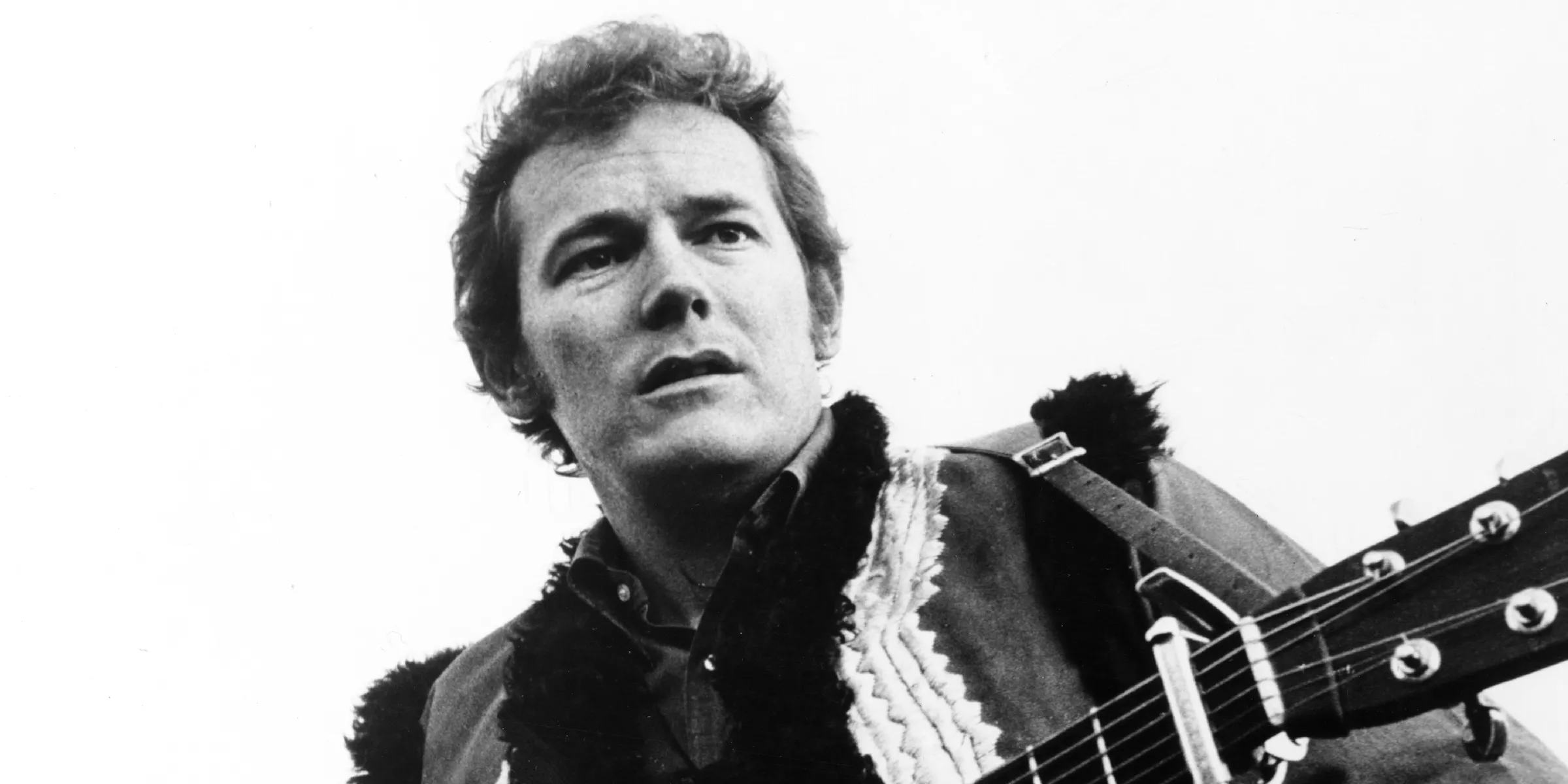
A poignant lament for the unspoken words and fading connections that haunt the quiet dissolution of a love story.
There are certain melodies, certain voices, that arrive in our lives not merely as songs but as tender, vulnerable confessions. They seep into the very fabric of our being, becoming indelible markers of moments, feelings, and the passage of time. Such is the enduring power of Gordon Lightfoot’s timeless masterpiece, “If You Could Read My Mind.” Released in 1970 on the album initially titled “Sit Down Young Stranger” (and subsequently re-titled to match the single’s immense popularity), this song quickly ascended the charts, becoming a global phenomenon and a cornerstone of folk-pop. It soared to an impressive #5 on the U.S. Billboard Hot 100, claimed the #1 spot on the U.S. Billboard Easy Listening chart, and topped the RPM Top Singles chart in Lightfoot’s native Canada, cementing its place in the pantheon of classic singer-songwriter tracks.
But the story behind “If You Could Read My Mind” is far more profound than its chart success suggests, lending the song an emotional depth that resonates across generations, particularly with those who have weathered life’s quiet storms. The year was 1970, and Gordon Lightfoot found himself navigating the painful dissolution of his first marriage to Brita Ingegerd Olaisson. He was living alone in a large, empty house in Toronto, grappling with the stark reality of separation and an impending divorce. It was in this crucible of loneliness and introspection that the song was born. Lightfoot himself often spoke of the melancholic atmosphere of that period, of sitting in his quiet home, reflecting on the chasm that had grown between him and his wife. The lyrics flowed from this deeply personal wellspring of experience, capturing the universal ache of a love that, despite shared history, had become a collection of unspoken thoughts and unfulfilled desires.
The meaning of “If You Could Read My Mind” is a heart-wrenching exploration of communication breakdown and the often-unbridgeable gap between two people who once shared everything. It’s a poignant plea from a man yearning for his partner to truly understand his inner world, to “read his mind like a book,” even as he acknowledges the futility of such a wish. The imagery of a “movie” playing in his mind, depicting their shared past, is particularly striking; it’s a narrative that has lost its audience, a story that continues to unfold for one party while the other has quietly exited the theater. This metaphor beautifully illustrates the loneliness of reliving memories that no longer hold the same meaning for both individuals. It speaks to the slow, agonizing fade of intimacy, where shared laughter and whispered secrets give way to silence and speculation. For many older listeners, this song isn’t just a melody; it’s a mirror reflecting the nuanced sorrows of relationships that have gently, irrevocably drifted apart, or the quiet regrets of words left unsaid.
Lightfoot’s tender, almost hushed delivery, accompanied by his signature intricate guitar work, only amplifies the song’s vulnerability. There’s no anger, no blame, just a profound sense of wistful sorrow and a gentle lament for what was lost. It’s a testament to the quiet resilience of the human heart, acknowledging pain without succumbing to despair. This authenticity is precisely why “If You Could Read My Mind” continues to stir such deep emotional reflections and evoke powerful nostalgia. It echoes the quiet heartbreaks and unspoken understandings that define so much of our human experience, reminding us that even in the face of loss, there is a certain beauty in the honest recognition of our feelings. It remains a timeless ballad, a gentle hand extended across the years, inviting us to reflect on our own journeys of connection, disconnection, and the enduring power of empathy.